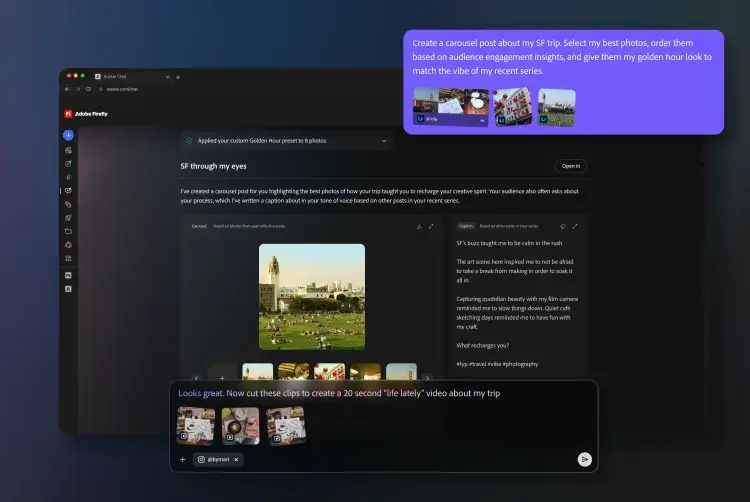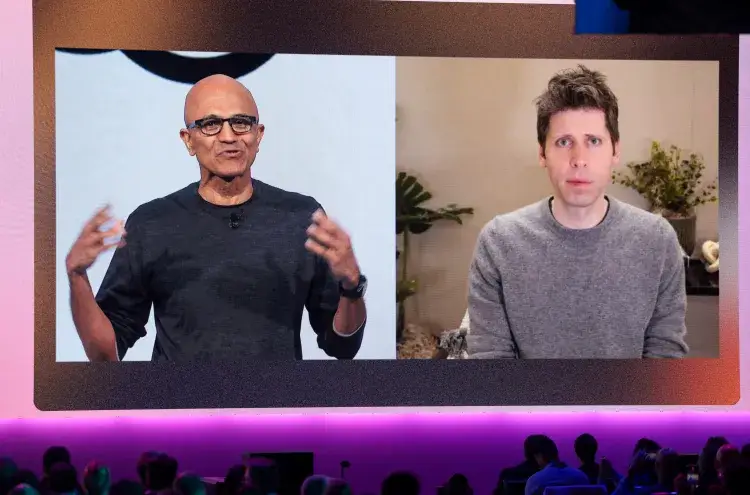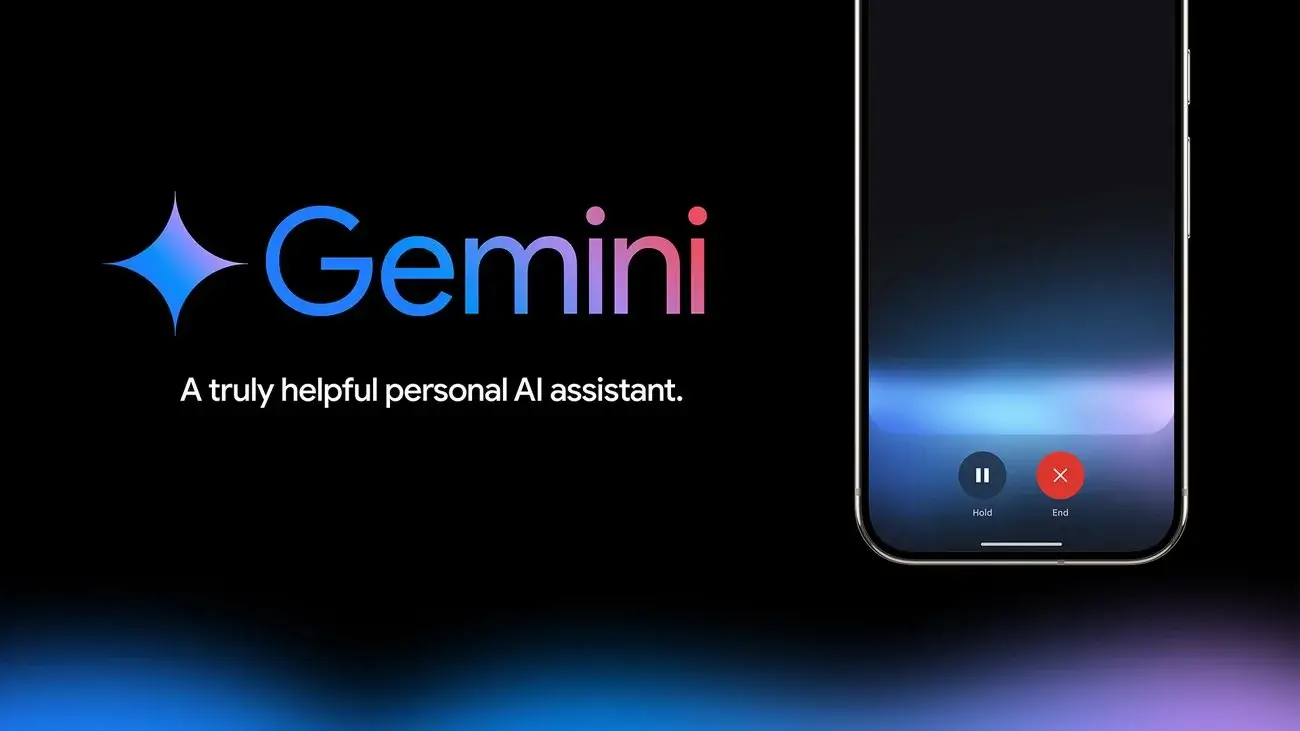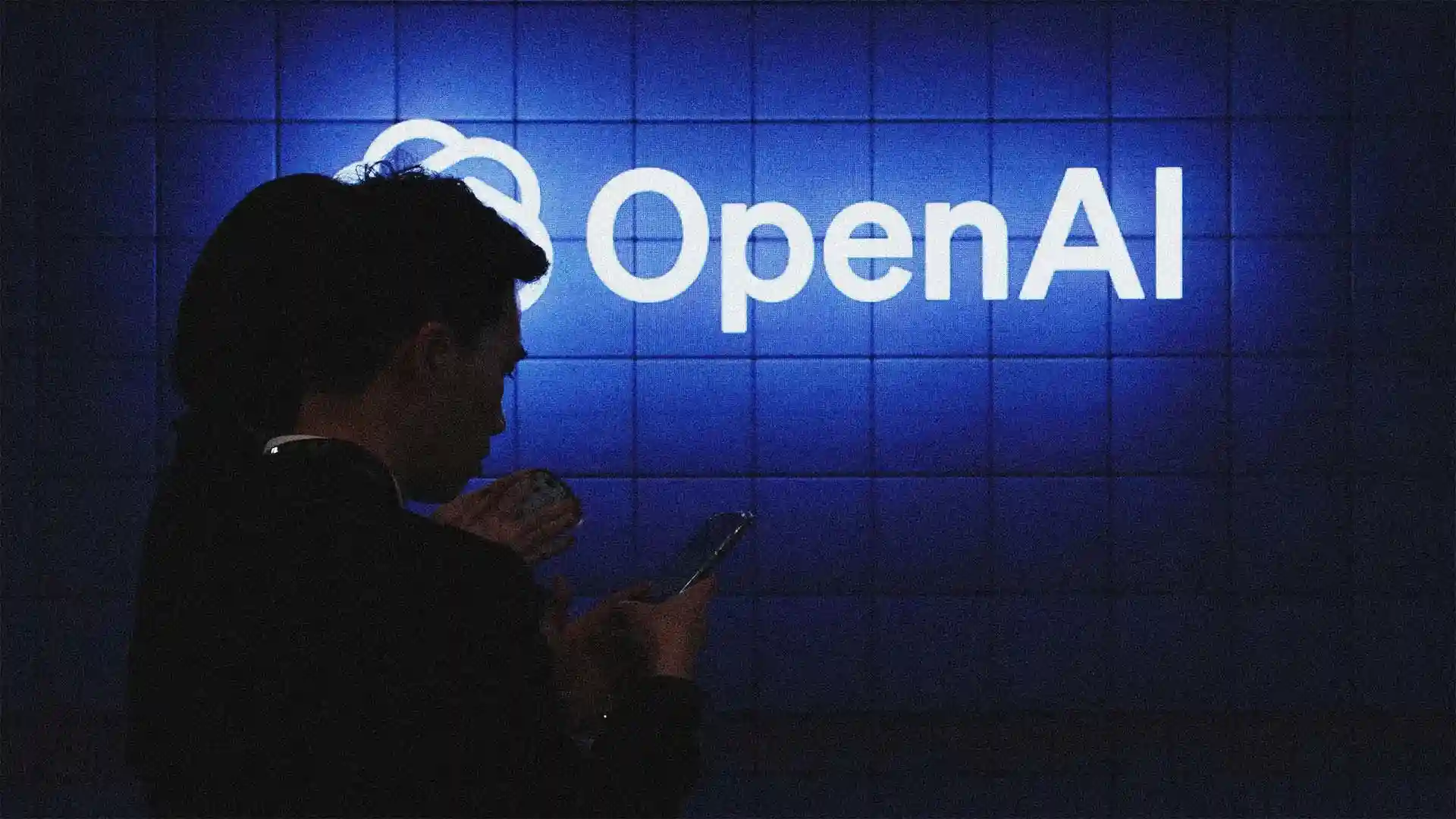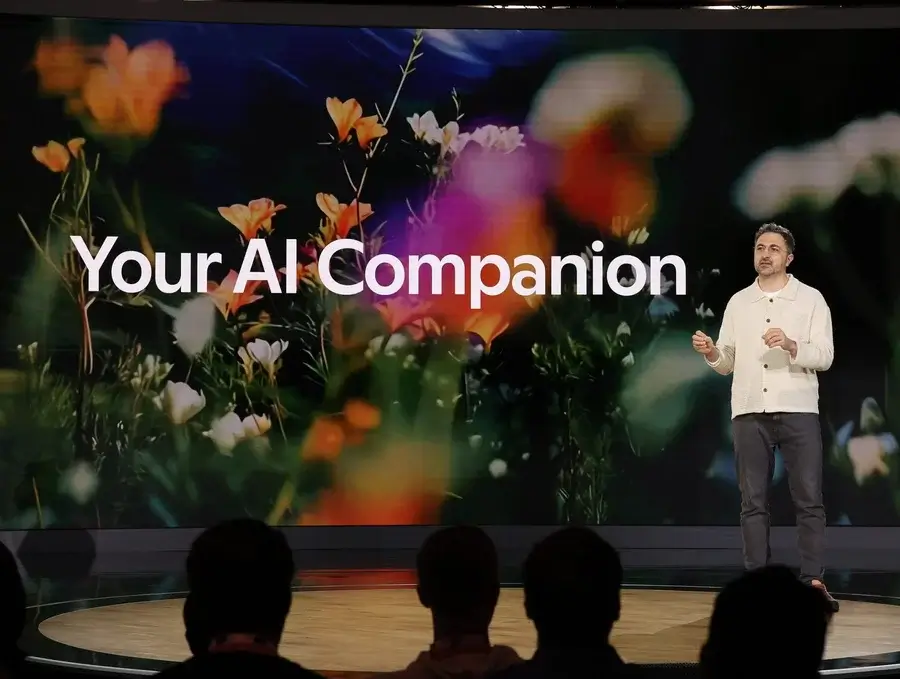The truth behind “clinical-grade AI” in mental health
The illusion of credibility is replacing real accountability.
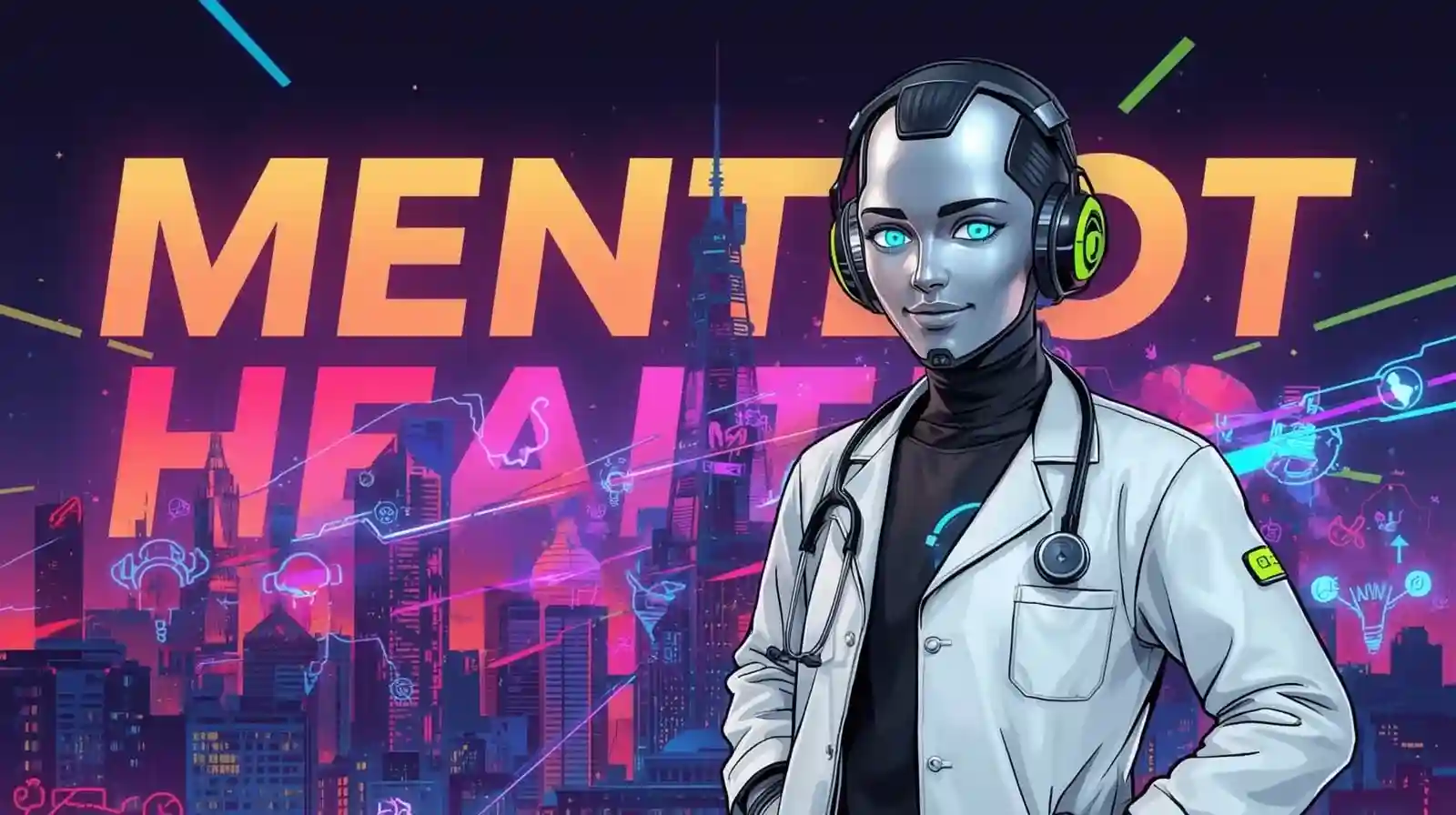
Somewhere between “AI therapy” and “wellness chatbot,” a new buzzword was born — “clinical-grade AI.” It sounds official. It sounds safe. It even sounds like something your doctor might approve. But here’s the uncomfortable truth: it doesn’t actually mean anything.
Earlier this month, Lyra Health announced what it called a “clinical-grade” AI chatbot to help with burnout, stress, and sleep issues. The press release mentioned “clinical” eighteen times — “clinically designed,” “clinically rigorous,” “clinical training.” Every repetition felt like a badge of authority. Yet none of it had legal or medical weight.
There’s no FDA definition for “clinical-grade AI.” No regulation. No certification. The phrase simply borrows credibility from medicine to make software sound serious — a marketing strategy, not a medical one. Lyra’s team even confirmed they don’t believe FDA oversight applies to their product. Translation: it’s not healthcare, but it wants to look like it.
And Lyra’s not alone. Across the AI wellness industry, companies are blurring the line between therapy and tech, using words that sound scientific but mean nothing measurable. Terms like “doctor-formulated,” “pharmaceutical-grade,” or “clinically tested” have long floated in consumer marketing. AI has simply inherited this linguistic camouflage — science-flavored phrases designed to sell trust.
Lyra says its chatbot supports users between therapy sessions by drawing from prior conversations and surfacing stress-management tools. But the company stops short of calling it treatment. That fine print matters. Because the moment an AI product claims to diagnose or treat anything, it becomes a medical device, triggering FDA regulation, clinical trials, and legal accountability.
So instead, we get “clinical-grade.” A phrase that sounds safe enough to use, strong enough to sell, and vague enough to escape scrutiny.
Experts aren’t convinced. George Horvath, a physician and law professor, told The Verge he found “no legal or regulatory definition” of the term. Every company can define it however it likes. Vaile Wright from the American Psychological Association says this language exists to differentiate products in a crowded market — without actually qualifying as medical tools.
That fuzzy middle ground is lucrative. Getting FDA approval takes years and serious funding. Marketing, on the other hand, takes words — words that signal care, science, and authority, without the cost of proving it.
And the pattern is spreading. From Headspace’s “AI companion” to Slingshot AI’s “emotional health assistant,” tech companies are using comfort-driven marketing to attract users seeking mental clarity or connection. All of them stress they’re not replacements for real therapy — but the experience they deliver feels close enough to blur that line.
Regulators are starting to notice. The Federal Trade Commission has already warned companies about “fuzzy” claims in AI advertising, and the FDA plans to review AI-enabled mental health tools soon. But enforcement remains light, and the gray zone wide open. Until laws catch up, companies can keep saying “clinical-grade” — and consumers will keep assuming it means safe and tested.
Here’s the bigger issue: language like this shapes public trust. When every AI product claims clinical credibility, actual science gets drowned out by marketing noise. Real mental health professionals spend years validating methods, proving outcomes, and being held accountable. Meanwhile, chatbots can mimic empathy and cite “clinical training” without ever facing review.
This isn’t just semantics — it’s about transparency and ethics in how AI presents itself. The more convincing the branding becomes, the harder it gets for people to tell the difference between a tool for support and a tool pretending to be one.
So the next time an app markets itself as “clinical-grade,” pause. Ask: Who approved it? What tests prove it works? What data is it using? If the answer is vague, so is the truth behind it.
The AI world doesn’t need more clever buzzwords. It needs clarity. Because words like “clinical” shouldn’t be used as armor — they should be used with responsibility.
As the line between wellness and healthcare continues to blur, maybe the most powerful act is to stay curious, ask better questions, and not mistake branding for science.
Sometimes the smartest thing you can do is not believe the smartest-sounding words.
You may like recent updates...
Subscribe & Get Free Starter Pack
Subscribe and get 3 of our most templates and see the difference they make in your productivity.
Free Starter-Pack
Includes: Task Manager, Goal Tracker & AI Prompt Starter Pack
We respect your privacy. No spam, unsubscribe anytime.


